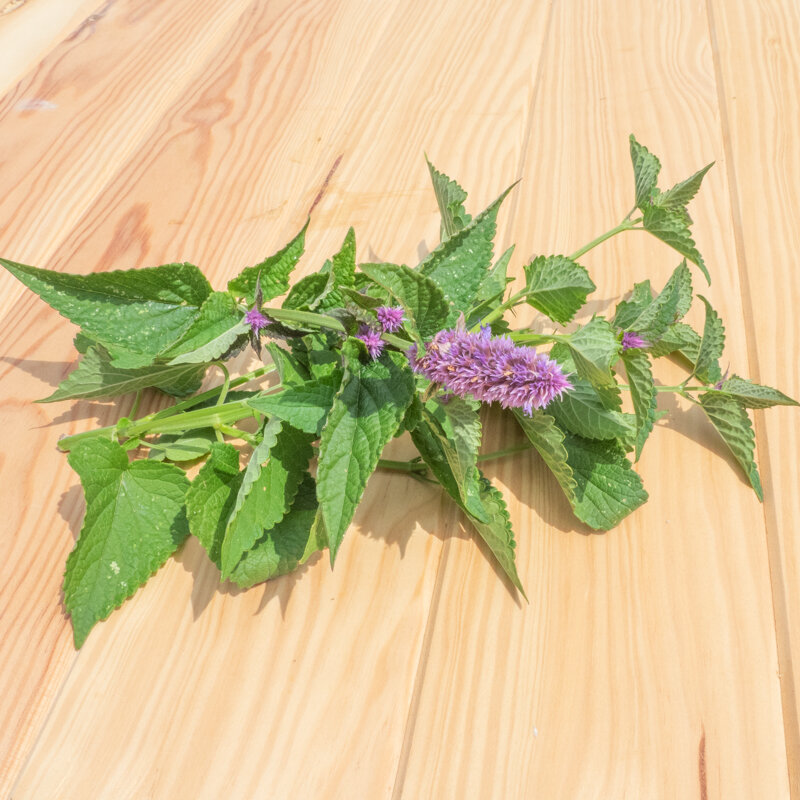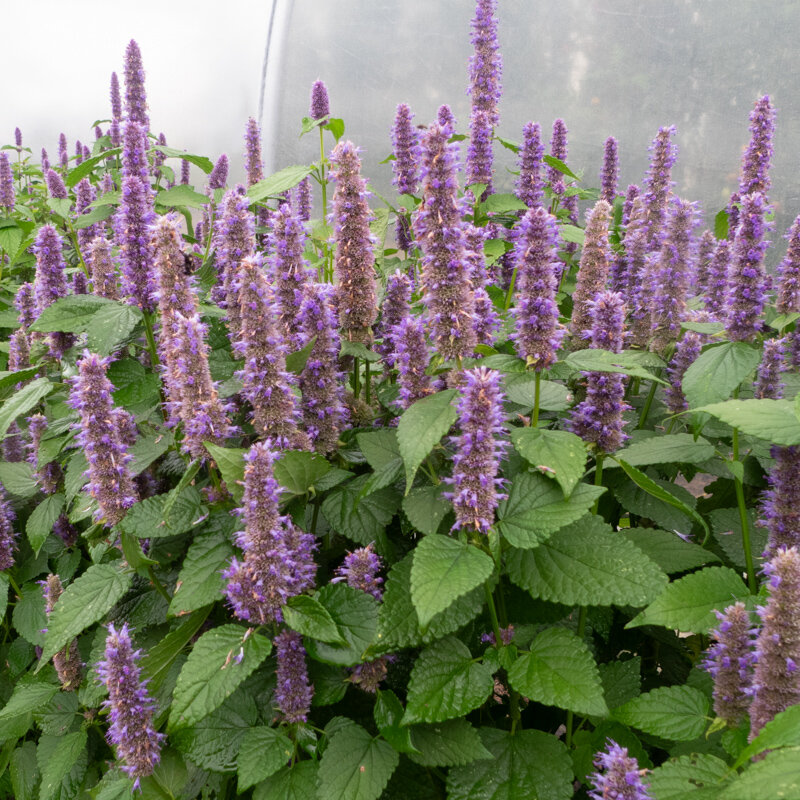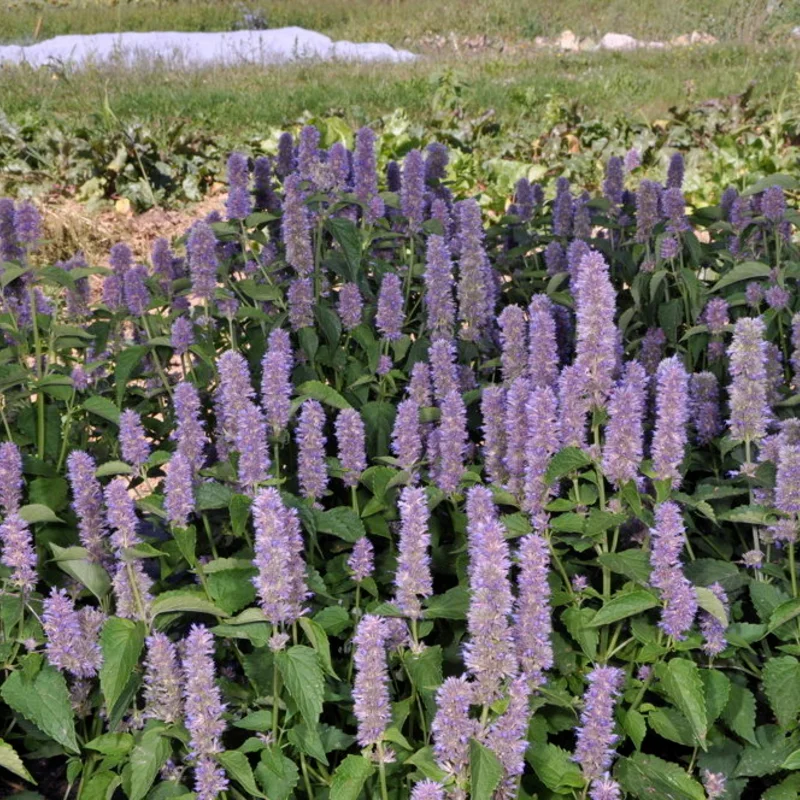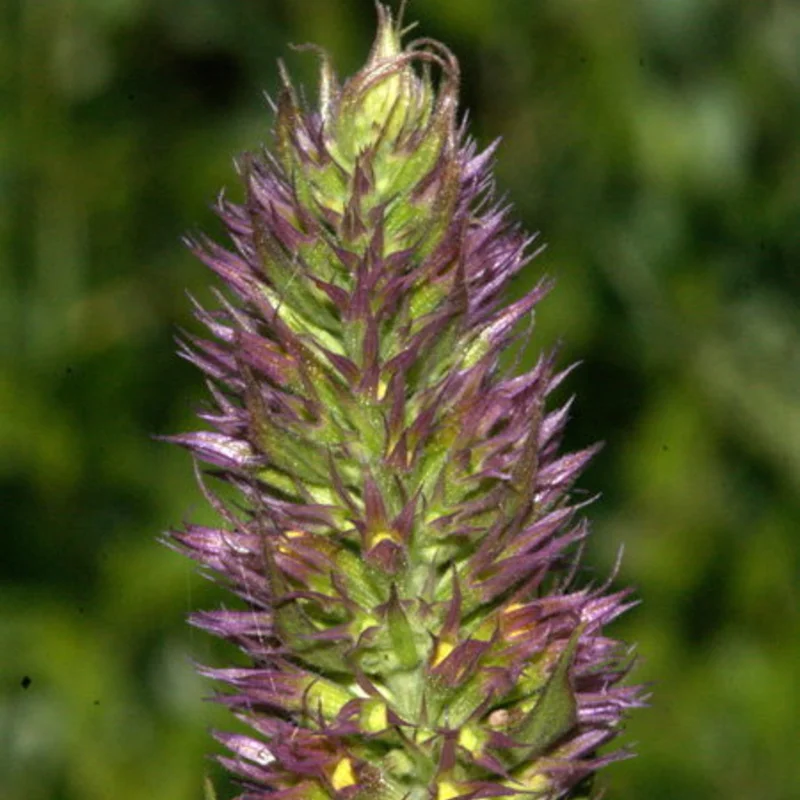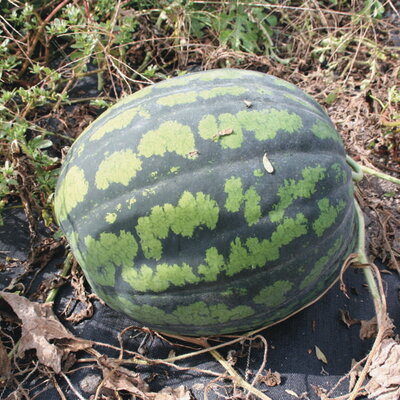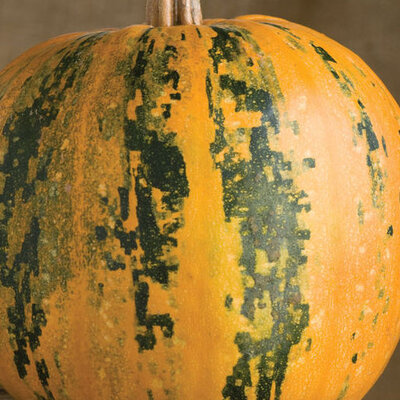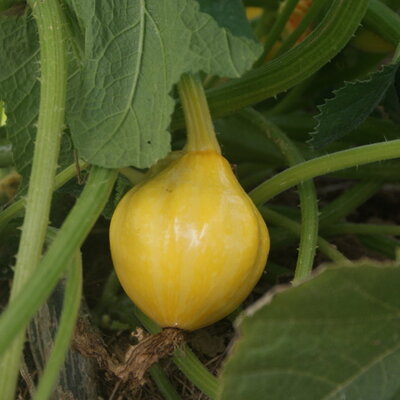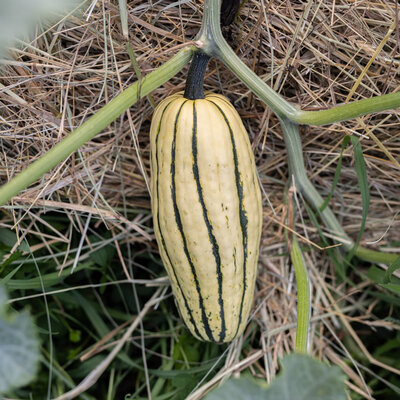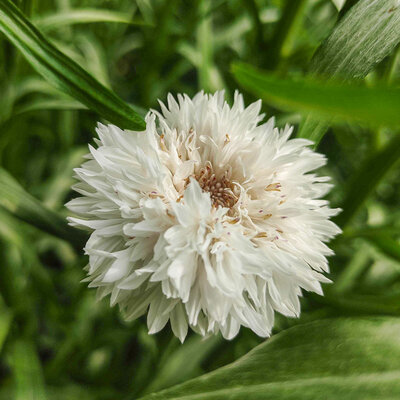Anis Hyssop - Agastach
This perennial species has violet-blue flowers grouped in large, dense terminal spikes. The licorice-scented leaves are used to make desserts and herbal teas, or as a condiment in salads and other dishes.
This species adapts to a wide range of growing conditions. The name Agastache comes from the Greek aga, meaning "abundance", and stachys, meaning "ear".
Find out more on the Kokopelli blog: "Agastaches to treat malaria, depression, cancer, hepatitis...".
These products may also be of interest to you
in bucket
Sow on the surface, in pots or trays, under a well-lit shelter. Press lightly and keep moist. Germination takes a long time, requiring a period of 1 to 3 weeks at a temperature of around 20°C. Re-pot seedlings at the 2 to 4-leaf stage in individual cups. Transplant seedlings in the open ground after the last frosts, 30 cm apart in all directions.
Stake when the variety reaches 30 cm in height.
March, April, May
June, July, August, September
in the ground, in pot
sunny, semi-shade
low
all floor types
fees, light, drained
Agastache foeniculum
mid-season
200 seeds
Violet
fragrance, edible
From 100 to 120 cm
pointed
North America
The 22 species of the Agastache genus contain mainly terpenoids and phenylpropanoids. It is a medicinal plant used by many Native American peoples (Cheyenne, Cree, Chippewa, Dakota, Omaha, Ponca) for colds, fevers, heart problems, etc. Some served it as a hot drink with meals. Some Amerindian peoples served it as a hot drink with meals. The Chippewa people used it as a protective plant in their rituals. The essential oil of Agastache foeniculum is an extremely effective natural insecticide (for example, against red flour beetle, grain beetle, flour moth, dried fruit moth...).



